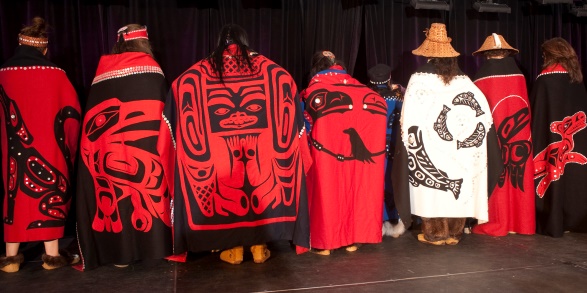With the recent Russian-inspired tragedies in eastern Ukraine and the war between Israel and Hamas in Gaza, much of the world is understandably focused on those regions. But another continent, Asia, is worth watching, particularly Chinese government action vis-à-vis Hong Kong.
property rights
Back when Canada's premiers and then-Prime Minister Pierre Trudeau debated what to put into what later became the Canadian Charter of Rights and Freedoms, property rights were one possibility and on the table.
Trudeau had pushed for property rights as justice minister in 1968, again as prime minister in 1969, and in 1980 during constitutional talks. But property rights never made it into the final 1982 Charter because Trudeau and Bill Bennett, then-Premier of British Columbia, were the lone advocates.
"Travel", said Francis Bacon, "is part of education for the young and a part of experience for those who are older." But there is an additional benefit from a journey outside of one's own borders: a reminder of why certain places function better than others.
In a recent trip to Hong Kong, I met with a plethora of civil servants, some politicians and a few business people, all with an obvious interest in the future of that territory. My purpose was simple: to get a sense of how that territory has held up in the face of massive change occurring in China proper.
Canada's lagging intellectual property (IP) protections for pharmaceutical innovators are a key issue to be settled in the Comprehensive Economic and Trade Agreement (CETA) negotiations with the European Union. They may also play a role in upcoming negotiations for the multi-country Trans-Pacific Partnership (TPP). Two new essays on the cost and benefits of stronger protection suggest Canadians would be far better off, in both economic and health terms, with an IP protection regime for pharmaceutical innovators that was more closely aligned with international standards.
National Aboriginal Day is a time for Canadians to reflect on the contributions of Aboriginal peoples in Canada. Sadly, on this day most people will instead consider the sorry state of reserve communities and ask why, despite years of well-intentioned government programming, nothing ever seems to get better for Aboriginal people.

